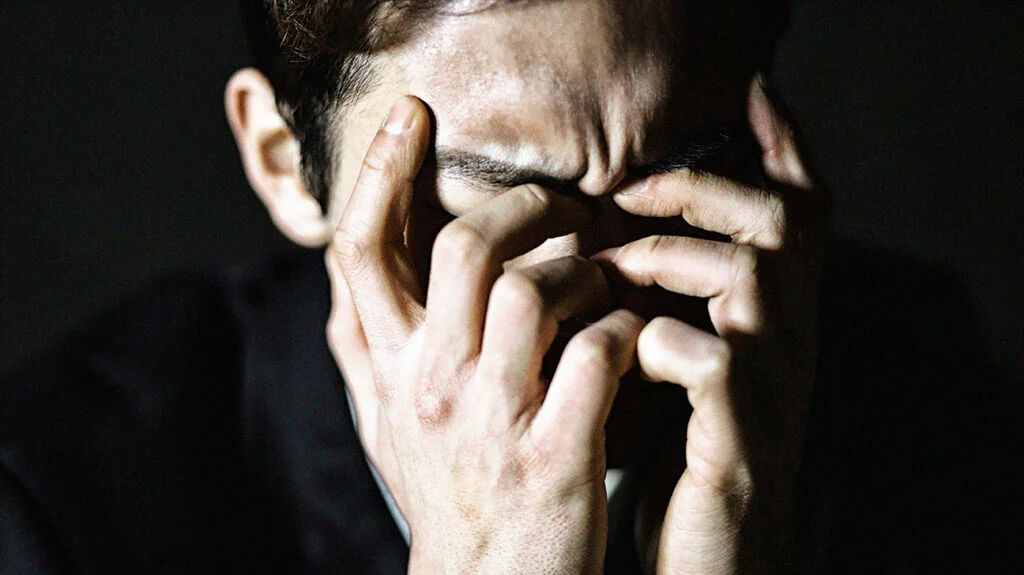Emotional trauma leaves invisible scars. Sometimes, it’s hard to even recognize what’s wrong until years down the line. Whether you’ve been emotionally harmed by a single event or by a long period of trauma, the road to recovery can be challenging, but also deeply rewarding. Remember: healing from emotional trauma is possible.
Understand Your Emotional Trauma

Emotional trauma is the psychological response to a distressing event (or series of events) that makes you feel in danger. This could be anything from a car accident, the sudden loss of a loved one, to more prolonged situations like abuse or childhood neglect. Trauma can lead to mental health issues like anxiety and depression, low self-esteem, and difficulty forming or maintaining relationships.
Trauma is highly personal. What might be traumatic for one person might not affect another in the same way. Avoid looking at your life and saying, “Well, someone else has it worse, so I shouldn’t be feeling traumatized.” It’s okay to have a strong emotional response to your traumatic situation. This also means your path to recovery will be unique and guided by your own thoughts, feelings, resilience, and experiences.
Acknowledge Trauma’s Impact
Trauma can impact your mental and physical health, relationships, and ability to function in the day-to-day. You might find yourself withdrawing from social interactions, experiencing intense emotions, or feeling disconnected from the world. It’s also common to have physical symptoms like headaches, chronic illness, fatigue, weight fluctuations, or sleep disturbances.
Acknowledgment isn’t just about recognizing these symptoms; it’s about understanding that these responses are normal. They are your mind and body’s way of trying to cope with an overwhelming situation. Instead of judging yourself for how you’ve responded to your trauma, accept and thank yourself for surviving every day.
Establish Your Support System
It’s important to begin telling your story. First to yourself, and then to people you can trust. Surrounding yourself with a supportive network of friends, family, or support groups can make a significant difference. These people can provide understanding and encouragement as you begin healing.
It might feel easier to isolate yourself, especially when it seems like other people won’t understand what you’ve been through. But connecting with people who care about you can help you feel less alone. Support groups, in particular, can be a great way to connect with others who have experienced similar traumas.
Practice Self-Care
Self-care doesn’t just mean pampering yourself. It’s an important part of emotional healing. It means taking active steps to nurture your physical, emotional, and mental health. Regular exercise, a balanced diet, and good sleep hygiene will help stabilize your mood and energy levels.
A mindfulness practice is another way to take care of yourself during trauma recovery. It helps you stay grounded in the present moment and can reduce symptoms of anxiety and stress. Try meditating or doing easy yoga every day. And remember to do activities that bring you joy, whether it’s painting, reading, or spending time in nature. Don’t forget to take pleasure in life, no matter how hard this moment is.
Be Patient
Recovery from emotional trauma isn’t linear. It’s a journey with ups and downs. Some days you might feel like you’re progressing, while other days you might feel stuck. This is a normal part of the healing process. Allow yourself to feel your emotions without rushing your recovery.
Talk to a Professional
Recovering from trauma alone isn’t easy. Reach out to a therapist who can guide you through this difficult process. Whether you’re looking for general talk therapy or more trauma-focused therapies like eye movement desensitization and reprocessing (EMDR), therapy can provide the blueprint for your healing journey. You and your therapist can explore the roots of your trauma and how to change your personal narrative.
To learn more about the steps you can take toward recovering from emotional trauma, please reach out to us about trauma counseling.

